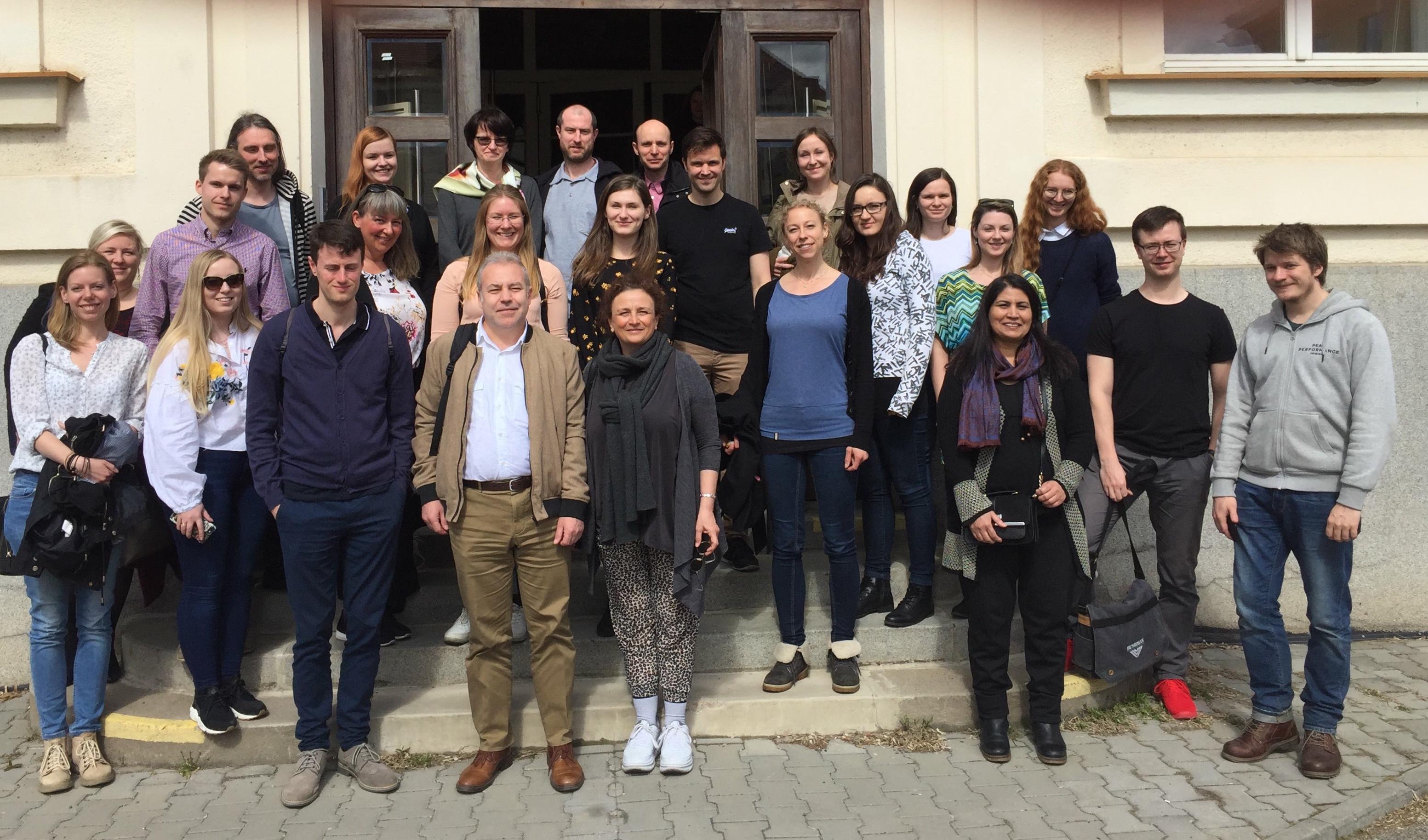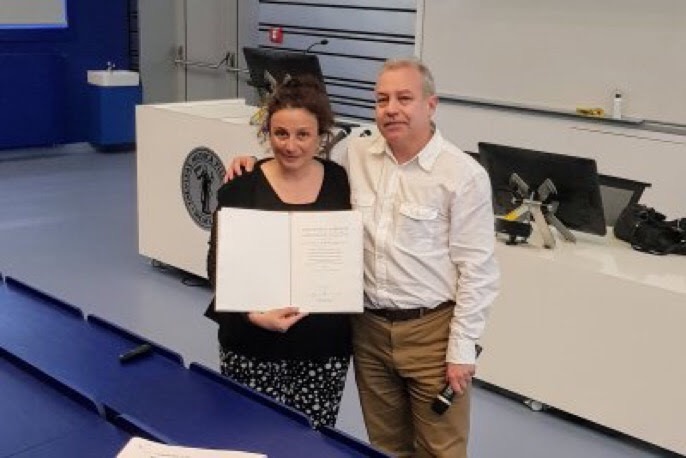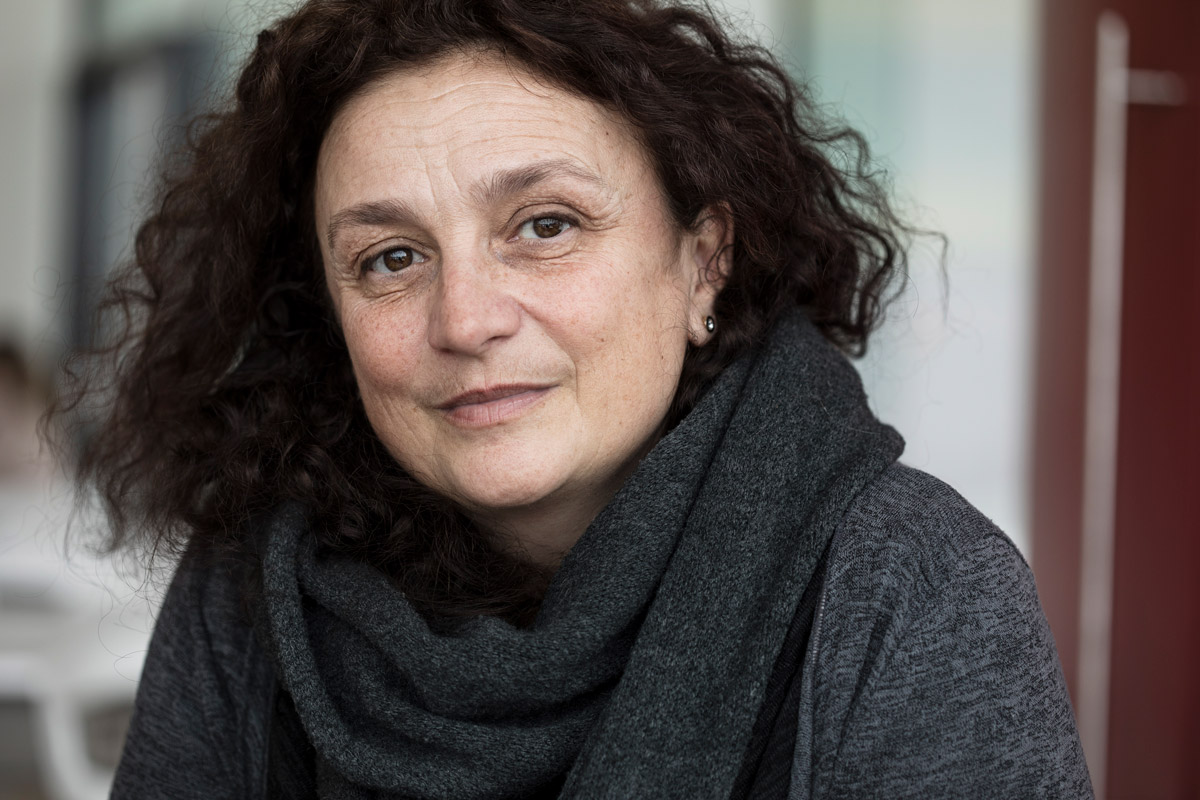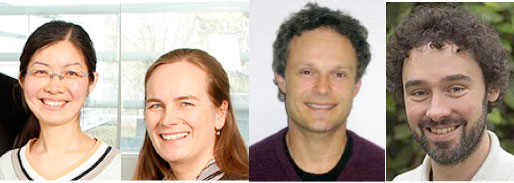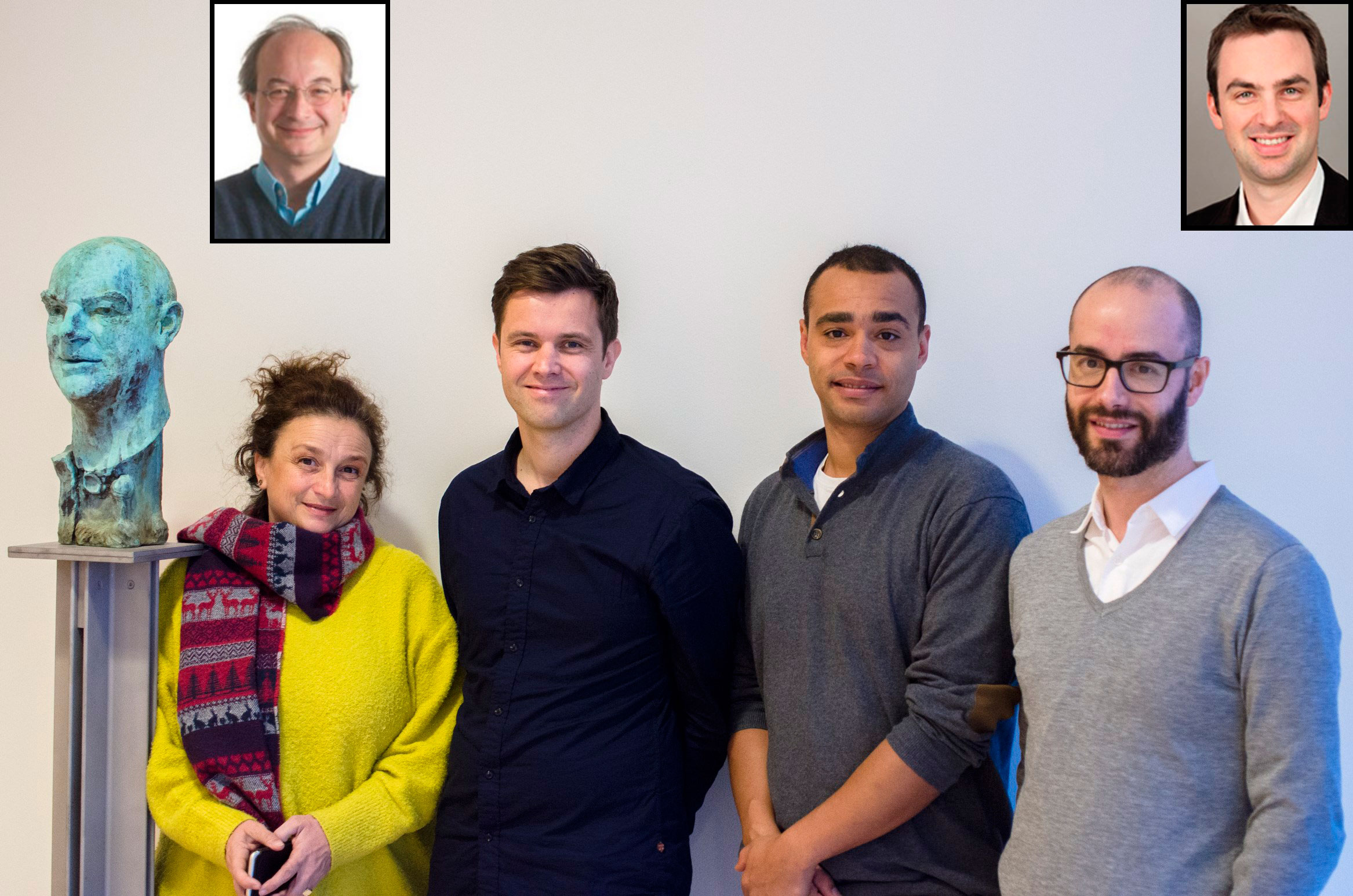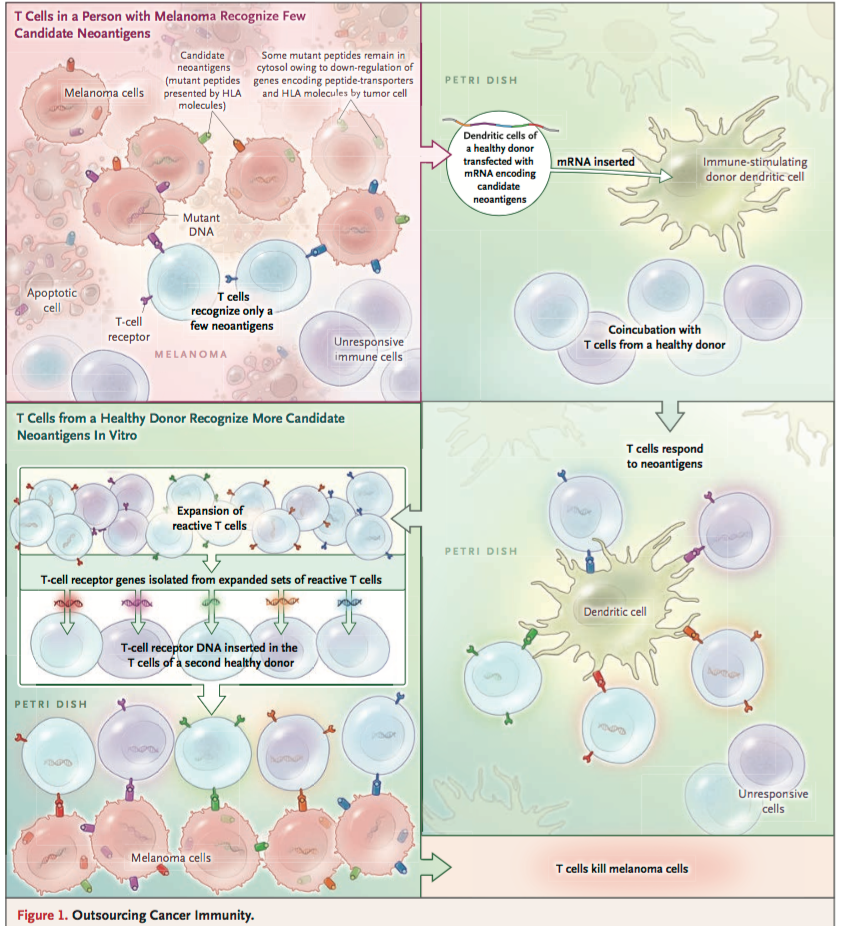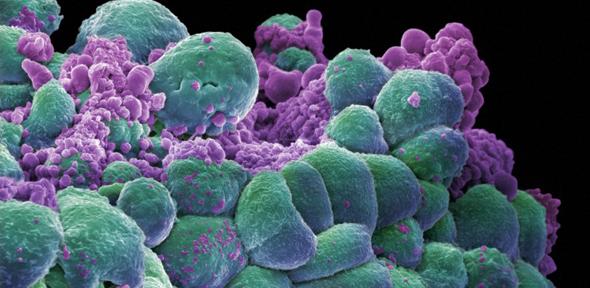2022
Xavier Tekpli leads Strategic Research Area at OUS
https://oslo-universitetssykeh
2021
To av våre beste går over til bioteknologiselskap
Multiomics-sekvensering av enkeltceller og spatial-karakterisering av kreftsvulster for å bekjempe resistens mot kreftbehandling - Oslo universitetssykehus HF (oslo-universitetssykehus.no)
" Jeg, robot," i klinisk praksis?
https://oslo-universitetssykeh
Vessela Kristensen Blogs: The optimistic geneticist (8.7K views)
https://youtu.be/3AomYyD_eCU
Inside the head of a researcher: Cancer is a genetic disease
https://www.ous-research.no/ho
2020
From cancer to other genetic diseases
https://oslo-universitetssykeh
"Elsk dine gener" Popular talk for the Research Council of Norway
https://www.youtube.com/watch?
Brystkreft for kvinner flest
https://1.6millionerklubben.no
Being a project coordinator means achieving recognition from your peers (RESCUER project)
https://www.med.uio.no/english
Computer modeling as a new way to improve breast cancer treatment (RESCUER project)
https://www.med.uio.no/english
Four Pink Ribbon research projects with our active participation
https://brystkreftforskning.no
https://www.med.uio.no/ncmm/en
In-depth profile: Translating basic research into clinical practice
2019
New immune-related breast cancer subtypes described in Nature Communications
https://www.ous-research.no/ho
Vil behandle kreft før den oppstår
https://radiumlegat.no/Prosjek
Vessela Kristensen appointed Head of Research at the Department of Medical Genetics
https://www.ous-research.no/ho
Hvordan diagnostisere tidlig?
https://www.amta.no/i-dag-beha
CNN coverage: - Major study of genetics of breast cancer provides clues to mechanisms behind the disease
https://www.ous-research.no/ho
Presenting our collaboration with IARC
https://www.youtube.com/watch?
2018
Bruker datasimulering for å finne den beste kreftbehandlingen
https://titan.uio.no/naturvite

